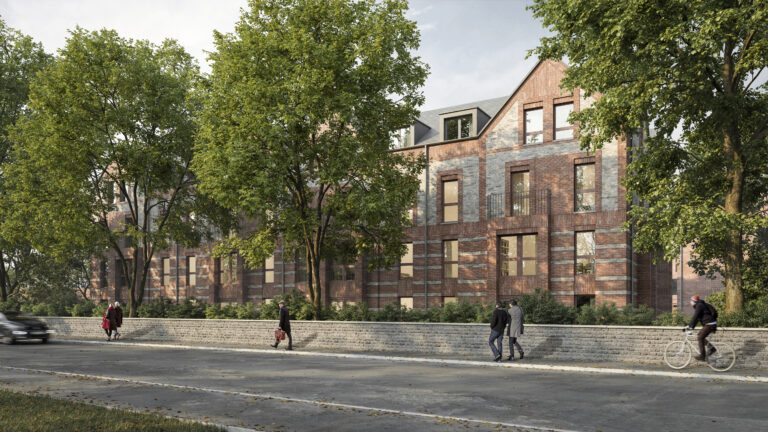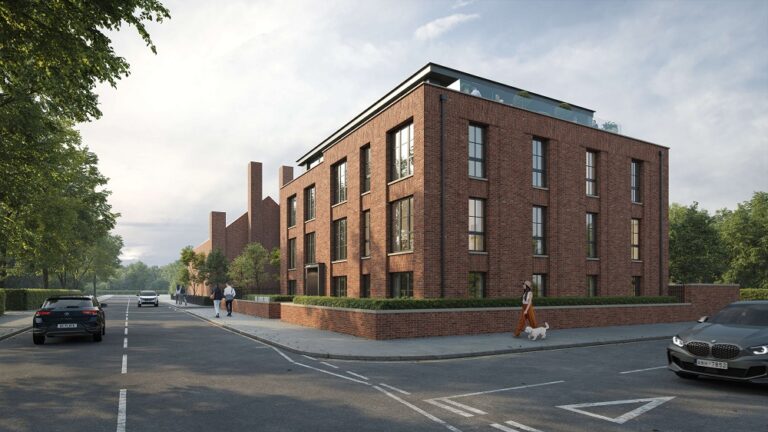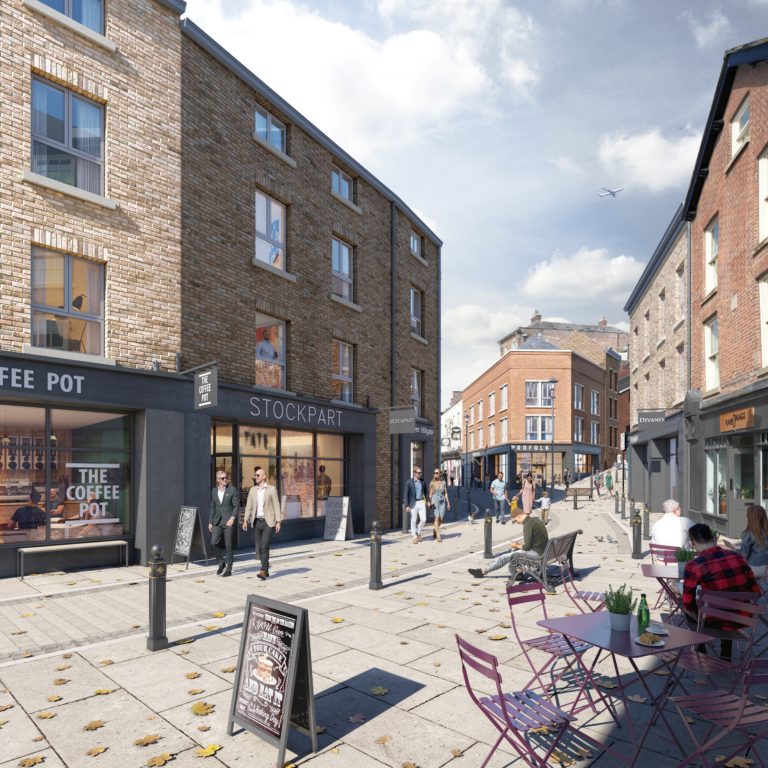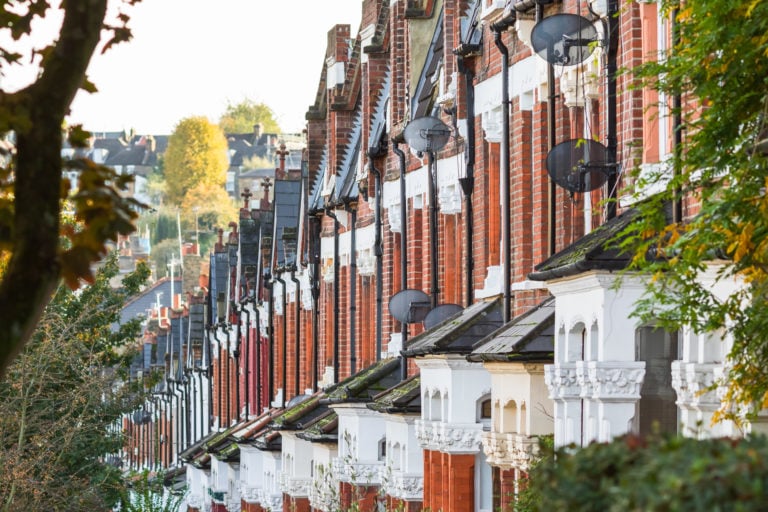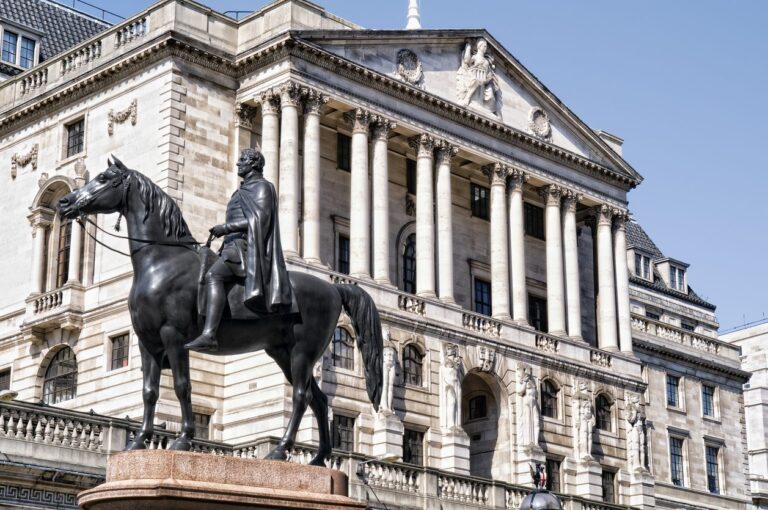As the Bank of England base rate creeps up once more, can we expect mortgage rates, savings rates and loan and credit card rates to follow suit?
Last week’s announcement that the Bank of England‘s monetary policy committee (MPC) had voted to raise interest rates by 0.25 percentage points to 1.25% did not come as a shock to most. Some pundits had even suspected the increase could be greater, to 1.5%.
In the short term, the decision to increase the base rate caused a stir across many sectors, with stock markets tumbling as investors lost confidence, and shares falling and bond prices weakening.
For the millions of homeowners with mortgages, the question of how much mortgage rates could be affected by this is a hot topic. Of course, much depends on the type and size of your mortgage, as well as your lender, with many remaining extremely competitive in a busy market.
While there is obviously some turbulence in the market, and rising interest rates will have an effect on mortgages, rates remain extremely low historically. Before the 2008 financial crisis, the base rate had hovered at between 3.5% and 7.5% for around a decade.
Honing in on mortgage rates
New figures from Moneyfacts have revealed the current situation with mortgage rates and products available. It notes that rates have been slowly increasing as the base rate has been raised, but with optimism on securing competitive fixed rate deals right now.
Rachel Springall, finance expert at Moneyfacts.co.uk, said: “Consumers are facing a cost of living crisis and the back-to-back rate rises are fuelling the mortgage market.
“Borrowers who lock into a fixed deal can protect themselves from future rate rises, but those building a deposit may not be able to afford a mortgage as interest rates and living costs continue to climb.”
As of June 2022, the average standard variable rate (SVR) mortgage is at 4.91%, up from 4.78% in May and 4.40% in December 2021. This compares to June 2017 five years ago, when the average rate was 4.59%.
Two-year fixed mortgage rates have increased more steeply to 3.25% this month from 3.03% in May. In June 2017, the average rate was 2.30% for this mortgage type. Likewise, three- and five-year fixed rates have crept up.
The longer-term option, selected by fewer borrowers, for a 10-year fixed rate sees the average now at 3.36%, which isn’t up as significantly as other parts of the market. In June 2017, a 10-year fix was at 3.12%.
Locking in for longer
Springall added: “As the rate gap between the average two-year and five-year fixed rate has narrowed, fixing for longer may be a sensible choice. Borrowers could even lock into a fixed mortgage for a decade if they are prepared to commit to such a lengthy fixed term.
“Seeking advice is sensible to assess the abundance of deals out there to ensure borrowers find the most appropriate choice based on the overall true cost.”
She added that those who are sitting on their lender’s SVR could benefit by opting for a fixed rate now, with payments being significantly lower.
Brian Murphy, head of lending at Mortgage Advice Bureau, echoed this sentiment, remarking that all eyes would be on the property market after this latest announcement, but we are still unlikely to see a subdued appetite for UK property.
“Signs of a slight cooling market may emerge, but the reality remains that demand continues to outstrip supply, meaning that prices continue to be elevated,” he said.
“The Bank of England is predicting that inflation in the UK is likely to keep rising to around 10% this year, which could well mean interest rates will follow suit in their upward trajectory this year.
“Existing borrowers, especially those on tracker or variable rate mortgages, should consider moving onto a fixed rate as soon as possible to protect them from a high interest and inflationary environment.”


